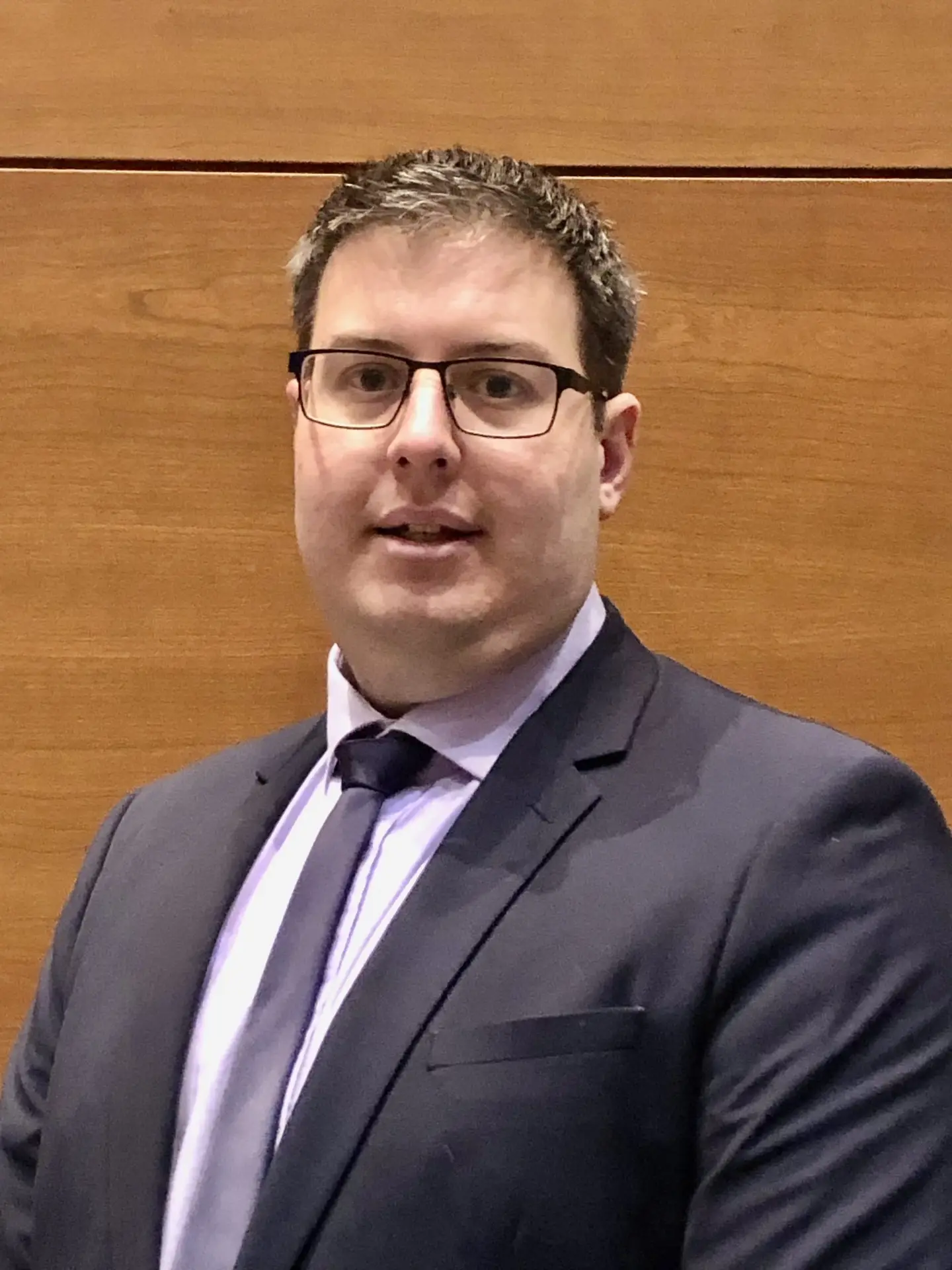COMMUNICATIONS PANEL
Background
The former Operational Datalink Panel (OPLINKP) was formed in 2000 to develop ATM data link operational requirements. With the ANC decision to restructure of the ANC Panels, the Communication Panel (CP) was established in 2013 as a result of a merger between the Aeronautical Communications Panel (ACP) and OPLINKP. The current OPDLSWG is now a specific working group under the CP.
Scope
The CP will undertake specific studies and develop technical and operational ICAO provisions for Air Traffic Management (ATM) voice and data communications systems, supporting procedures and their applications as outlined in the Global Air Navigation Plan (GANP).
Objectives
In line with the GANP, the Panel will develop concepts, SARPs, PANS and guidance material supporting the concept of Flight and Flow Information for a Collaborative Environment (FF-ICE), System Wide Information Management (SWIM) and Trajectory-based Operations (TBO), taking into account future demands on airspace and airport capacity, and communication, navigation and surveillance (CNS) systems available.
Working Arrangements
The ANC has specified the establishment of three working groups: Operational Datalink Working Group (OPDLWG), Data Communications Infrastructure Working Group (DCIWG) and Voice Communications Working Group (VCWG). The panel chairperson may establish additional working groups as necessary, as outlined in Doc 7984. CP should coordinate their work with the various groups of experts responsible for other Annexes and disciplines, as appropriate.
Required expertise
The panel is composed of experts involved in the design, development and use of ATM communications and the facilities and systems that support them. Members of the Operational Data Link Specific Working Group (OPDLSWG) also require knowledge and experience of datalink applications ant their procedures as well as the utility they bring to the different ATM functions. Members shall also have a good knowledge of the development and application of Required Communication and Surveillance Performance (RCP/RSP) specifications.

IFATCA CP RERENTATIVE - Markus Johnston (Australia)
Mr. Markus Johnston (Australia) represents IFATCA on the Panel and is actively involved in the OPDLSWG. Markus is currently employed by Air Services Australia and is an active controller in Brisbane FIR, Oceanic Airspace. He holds an area control licence, in both surveillance and procedural environments. Markus has a diploma in Aviation - Air Traffic Control as well as a Bachelor degree in Commerce - Accounting and Finance. He has been involved in a number of initiatives: delegate to Informal South Pacific ATS Coordinating Group (ISPACG), Airservices Oceanic Delegate to Australian Aviation Safety Forum, De-bugging system faults preventing the exchange of AIDC CDN (Coordination Change) messages, writing system specifications for CPDLC Latency Timer, writing system specifications for Off-Track Deviations (OTDs) in AIDC messages and HMI, and many more. Mr. Johnston can be reached at markus.johnston@ifatca.org.



